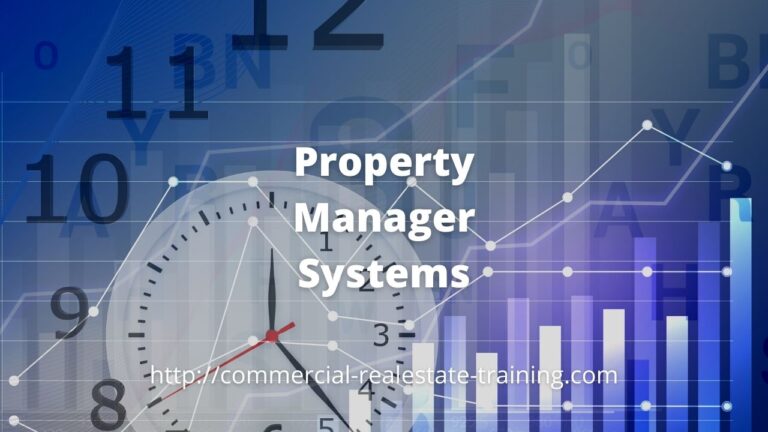Shopping Center Management Facts and Tips
Managing a Shopping Center is a special process. The larger the property, the more complex and detailed the process. Only the best property managers with the required experience should take on the task. Special tools and systems are required for retail property control and tenant optimisation.
Consider the average shopping center in any town or city. Exactly what needs to be managed? Try some of these:
- Tenants
- Leases
- Maintenance
- Customers
- Income
- Expenditure
- Arrears
- Vacancies
- Renovation
- Relocation and expansion
- Tenant retention
- Tenant mix
- Risk and liability
- Documentation
Every one of these issues is quite detailed. In larger managed properties it can take weeks if not months to fully understand the facts of a property and a client.
So let’s set some rules here to help you establish a shopping center management system. The following issues are the main ones to get started with, but you can add to the list based on your local area, the property type, and the town or city.
- Review the local area for competing properties. They may draw your tenants away from your property.
- Understand the market rentals that apply in the market today. Are those rentals applicable to your property? What are the impacts of incentive on your property when it comes to attracting a new tenant?
- You will have speciality tenants as well as anchor tenants to consider. Look at all the leases so you understand the critical dates and when they are to occur.
- The anchor tenant’s lease will impact the property in a major way. Ensure that you know the facts of occupancy and property usage. Look for ways for the anchor tenant to get involved with and support the specialty tenants.
- Arrears and vacancies will come and go from the property on a regular basis. The point is that they require ‘management’ and control. As a general rule, look for ways to minimise arrears and solve vacancy issues.
- There should be a budget for income and expenditure in the property. That budget will be part of the larger and more detailed property business plan. The property business plan should include a lease management strategy, tenant retention plan, tenant mix profile, maintenance report, capital works strategy, and the income and expenditure budget. Look for the details of the plan and find out how it works. Understand if the property is currently on track to the targets required, and identify any threats coming up in critical dates, maintenance, and occupancy.
A comprehensive plan in retail shopping center management will help you take the property forward in many different ways. Understand the plan or create it based on the requirements of the landlord client.





